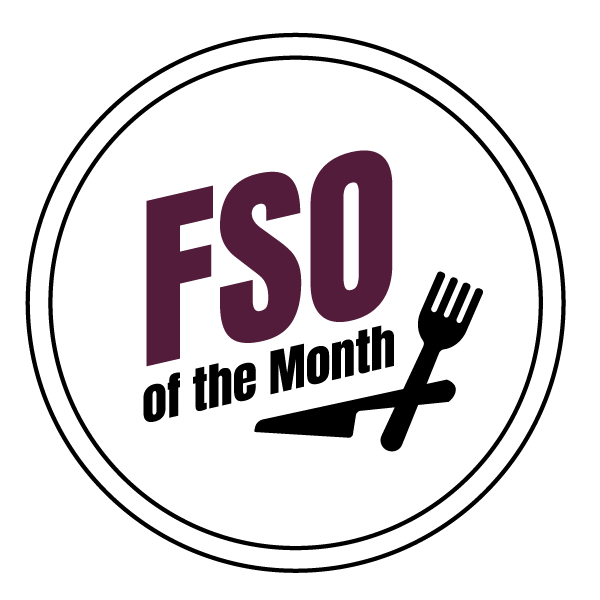
These innovative eateries are ones to watch.
3 things to consider when launching a cashierless concept
The University of Georgia debuted unattended markets shortly before the pandemic, and they’re a hit that will last long after.
December 9, 2021

Like many big schools pre-pandemic, the University of Georgia in Athens, Ga., had a handful of small-footprint retail locations, the sort that often have a tough time breaking even because of labor costs.
But when COVID swept the country, foodservice operators had to rethink everything. At UGA, that operational revamp included transforming four of these retail spots into “unattended markets”—cashier-free stops where students can quickly grab items and check themselves out at a kiosk.
Self-serve has been such a hit that even as most of the university’s foodservice returns to pre-COVID-style operations, unattended markets are here to stay at UGA.
Director of Dining Services Susan van Gigch shared her lessons and takeaways for operators looking to create their own cashierless locations.
‘Unattended’ doesn’t mean zero staff.
“It’s easy to think that because it’s self-serve, it’s set it and forget it,” van Gigch says. “But you still need a human component to keep the operation running smoothly.”
Those needs include completing deliveries, restocking shelves and rotating products, as well as cleaning. Van Gigch says UGA typically sends a staffer to each self-serve location three to four times daily to perform these tasks.
“So you really have to consider your infrastructure and whether you have the manpower to send someone out that often,” she says. “Self-serve can definitely free up your people in that no one’s at the register, but those locations have to be maintained and stocked like any other.”
Outsource some of the food…
UGA’s unattended markets offer items like coffee, bottled beverages, frozen entrees and a robust selection of grab-and-go sandwiches, wraps, and salads made at the operation’s central processing kitchen. But the team also makes use of third-party contractors who provide everyday items that draw in students.
“Fresh sushi every day has been a real hit,” van Gigch says. “Our sushi contractor comes in and produces it every day, and then our staff delivers the sushi to our markets.” The operation also sources fresh bread from a local bakery, which she says “is a huge selling point for us.”
…and all of the cleaning, if possible.
The operation also brought in a janitorial contractor — a necessity because UGA, like many, is facing a staffing shortage with open full-time and student positions. Initially, the company cleaned only the main facilities, such as dining rooms and bathrooms. However, it was such a success that leadership decided to expand their contract to include the self-serve markets as well.
“This particular contractor has made all the difference in our employees’ morale. It’s so nice that our crew can go home on time after a tough shift, and that we can meet the needs of our customers as well,” van Gigch says. “They’re so dependable, and it’s been a fantastic solution for us during the labor crisis. It shows you don’t have to do every single thing yourself.”




